Cervical screening tests help prevent cervical cancers and are a key reason that rates of the disease in Australia are so low. However, many people miss or delay their tests for a number of reasons.
The option for patients to collect their own samples was introduced for all participants in 2021, but many Australians are still unaware that they can collect their own cervical sample for screening. This change makes the test easier and more comfortable, whilst still being accurate, and removes some barriers that women and people with a cervix may have faced in accessing testing.
The project’s main objectives were:
London Agency worked with the Victorian Health Minister’s office to organise an event at the Parliament of Victoria titled, Cervical screening: it’s in your hands.
The event had several facets; an expert pathologist was present to show cervical cancer slides under the microscope, a cervical cancer survivor candidly shared her story, and the Hon. Mary-Anne Thomas, Minister for Health, spoke at the event.
However, the event’s biggest drawcard was the ability for politicians and their staff to have a cervical screening test on the day.
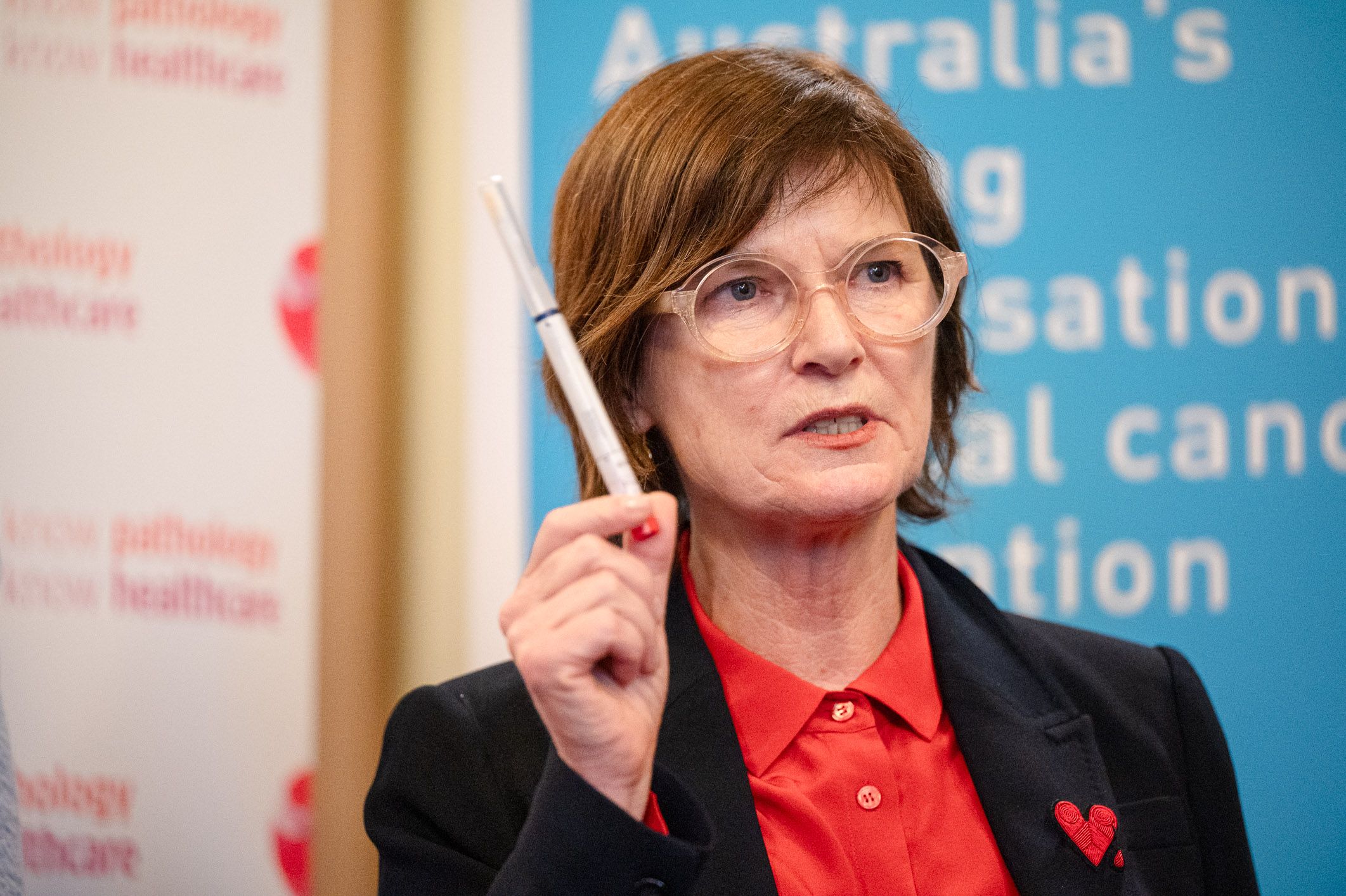
Working with parliamentary staff London Agency organised a half-day event, including logistics and speakers, invitations to all Victorian parliamentarians, and the ability to provide cervical screening tests on the day.
London Agency worked with the Australian Centre for the Prevention of Cervical Cancer (ACPCC) to deliver cervical screening testing services. The event acted as a pop-up cervical screening service with tests ordered for busy politicians by a GP specialising in women’s health.
Dr Lara Roeske is recognised as a women’s health expert and her participation in the event was organised through the Royal Australian College of General Practitioners (RACGP). Private consultations were conducted for each politician or staffer who asked for a test, bookings could be made prior to the day with walk-ins also accepted. Samples could be collected by participants in the nearby bathroom, and these were then couriered back to the pathology laboratory throughout the day. Results were provided the same day by phone to patients, and then sent to their GPs.
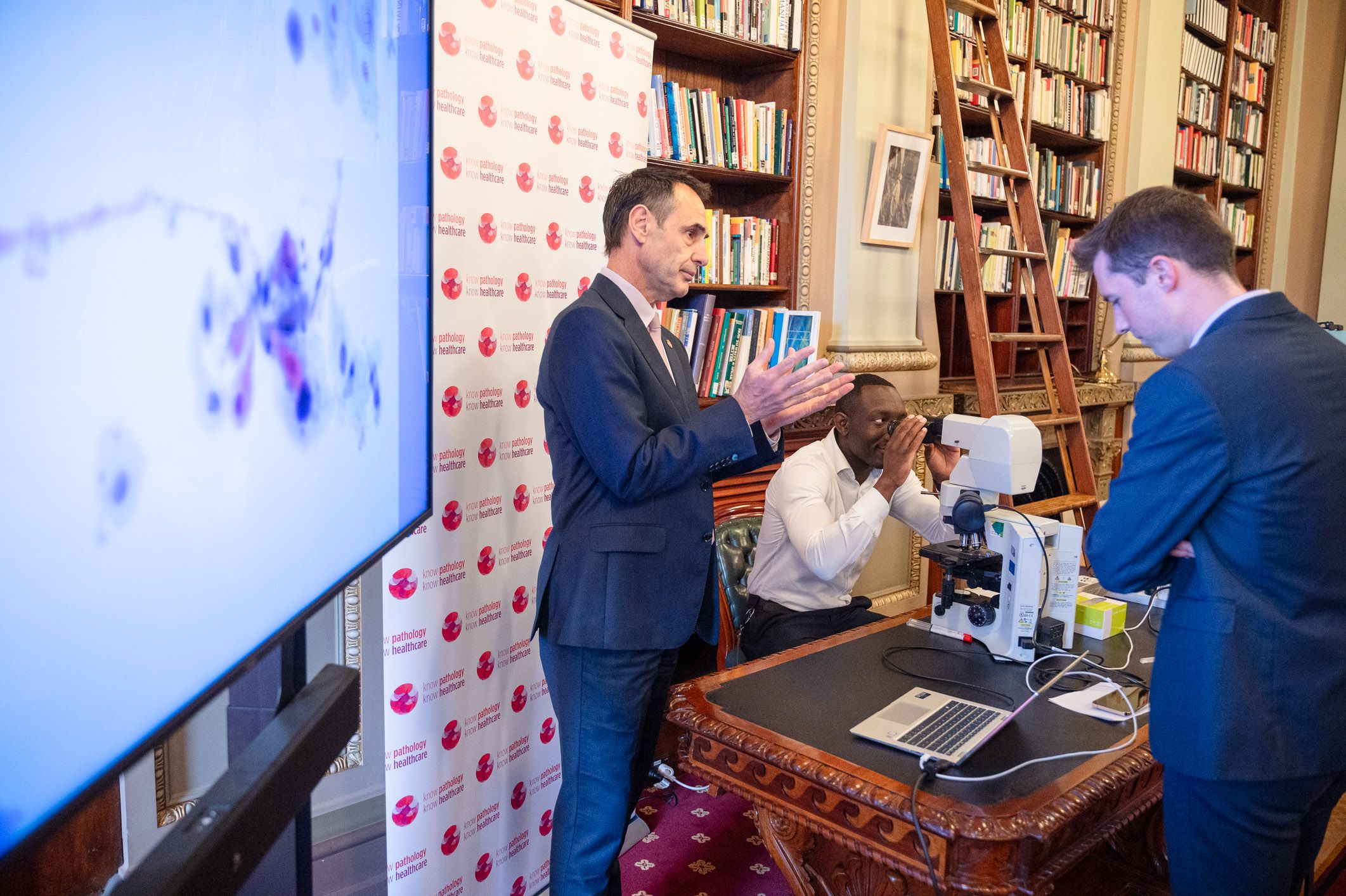
As cervical screening tests are recommended every 5 years (for those without symptoms and whose previous test was normal), and with 50% of Victorian parliamentarians being female, it was unclear how many people within parliament on the day would be eligible for screening. The event team was delighted that 14 tests were conducted on the day, with many participants noting that they had been delaying their test.
Working with the Australian Cervical Cancer Foundation, London Agency engaged cervical cancer survivor Sherry McMillan to speak at the event. She also shared her story with media on the day, and met her local MP at the event, who remarked on the power of her story.
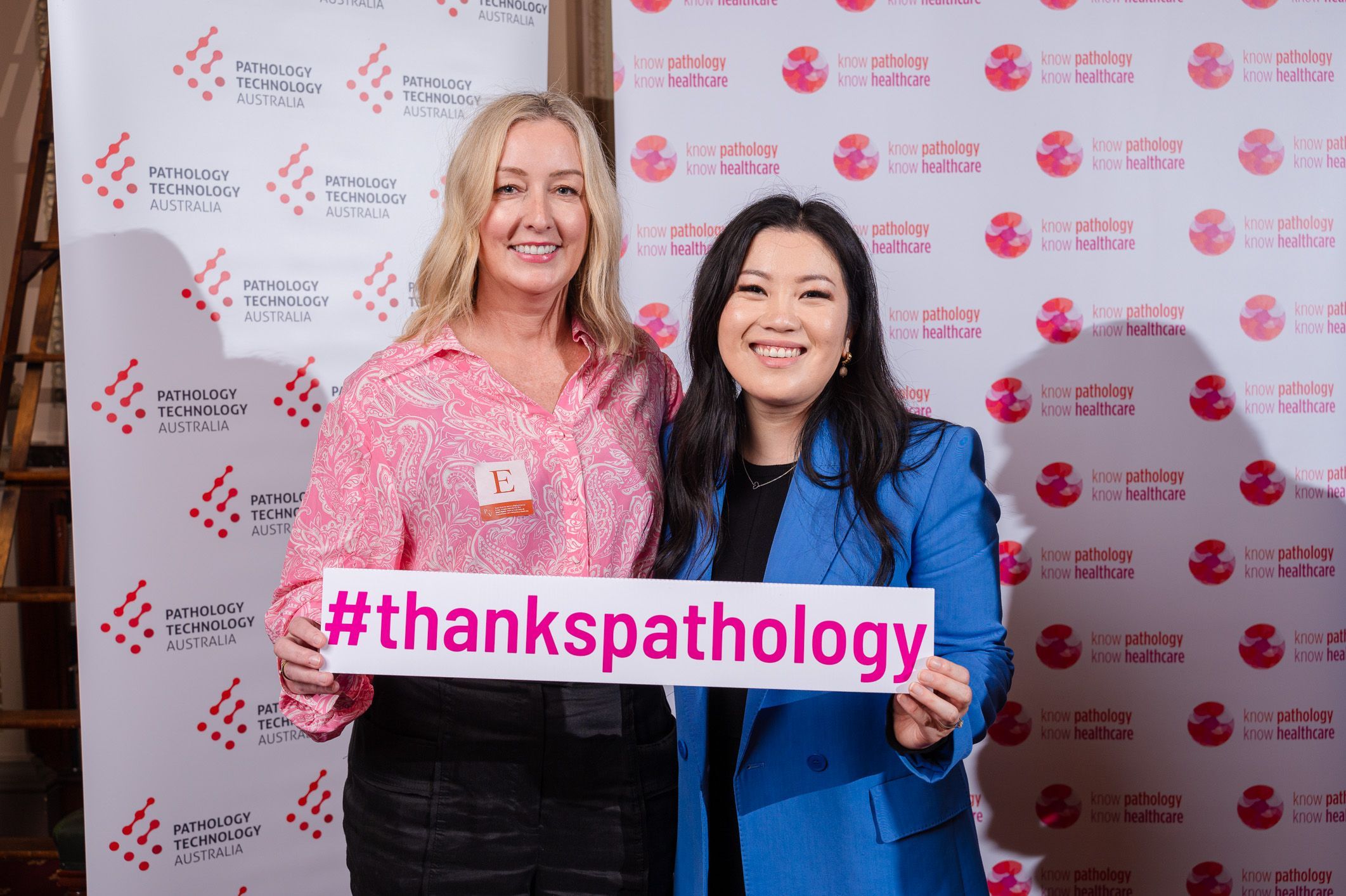
London Agency engaged media by sharing data provided by the Australian Centre for the Prevention of Cervical Cancer (ACPCC), insight from Professor Marion Saville, and cervical cancer survivor Sherry McMillan’s personal story.
A live TV interview was secured with Sherry McMillan on ABC News Breakfast on the morning of the event.
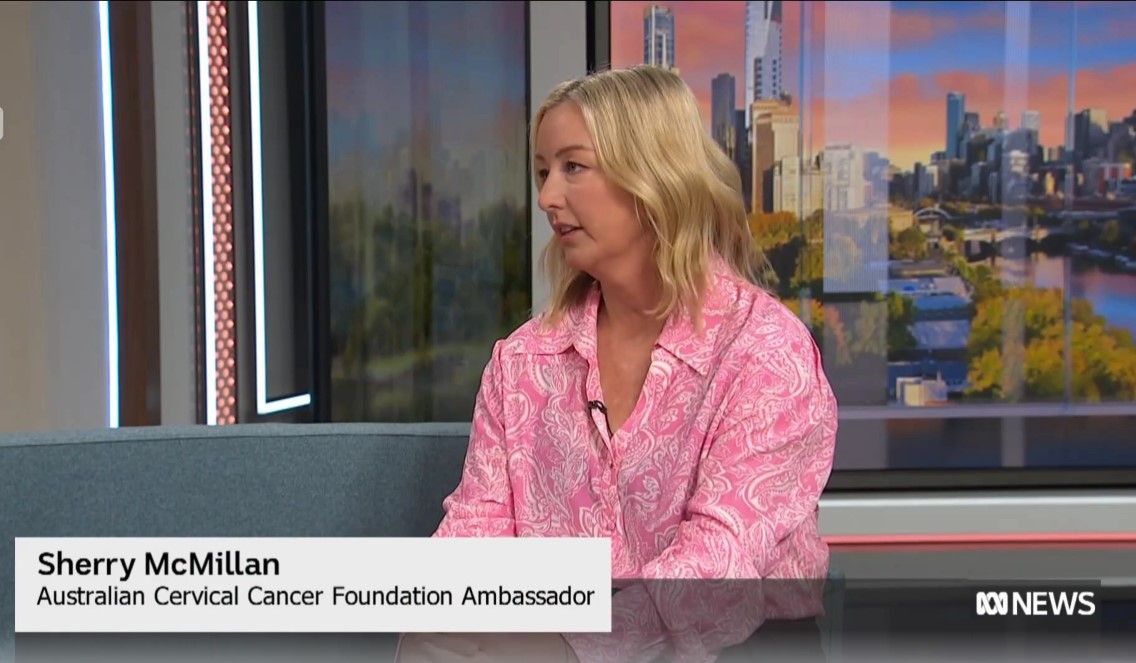
An online article written by AAP was syndicated 30 times.
A follow up article was also secured in the Sydney Morning Herald, 2 months after the event.
Estimated total media reach: 11 million people
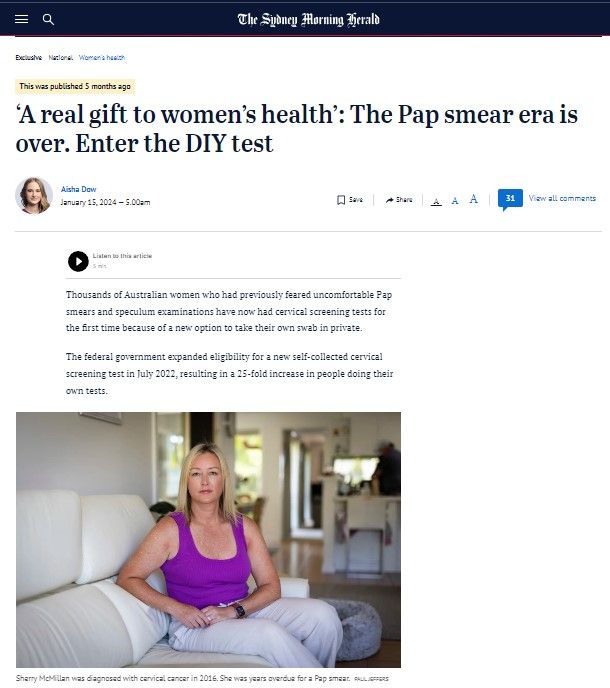
A total of 11 parliamentarians shared posts about cervical screening on their social media channels.
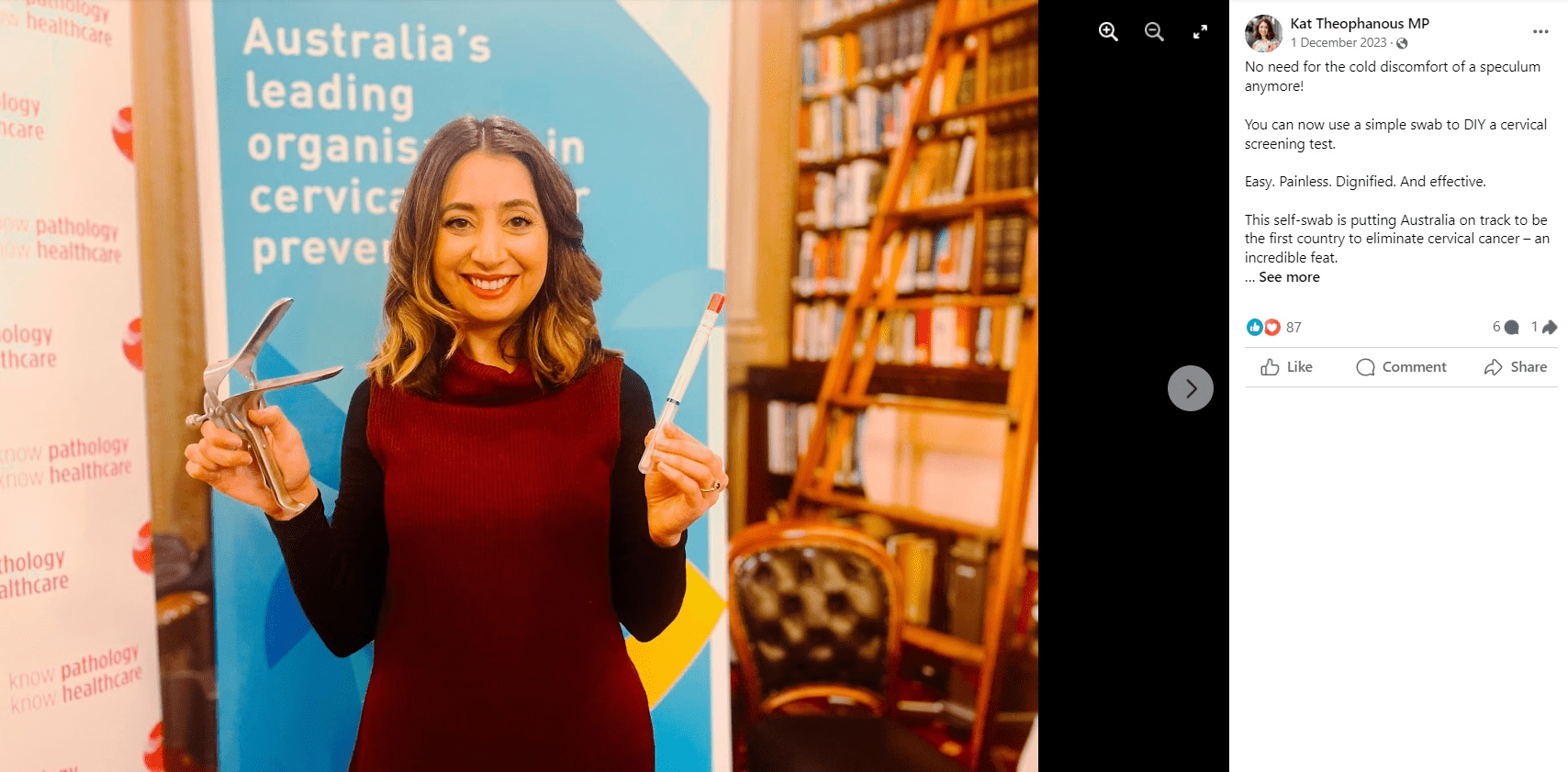
The event was led by for Pathology Awareness Australia in partnership with Pathology Technology Australia and the Australian Centre for the Prevention of Cervical Cancer (ACPCC) with support from BD, Hologic, Abbott and Roche.
This inaugural event was highly successful given the engagement of 27 politicians, media reach of more than 11 million, and social media reach to the electorates of 11 parliamentarians.
Possibly the greatest measure of success is that 14 people came forward for testing, despite the possibility of privacy concerns or embarrassment around testing. This demonstrates the level of trust placed in PAA and its partners, as well as the importance of activities to promote public health messages. Even well-educated and informed people can unintentionally miss out on life-saving screening tests.
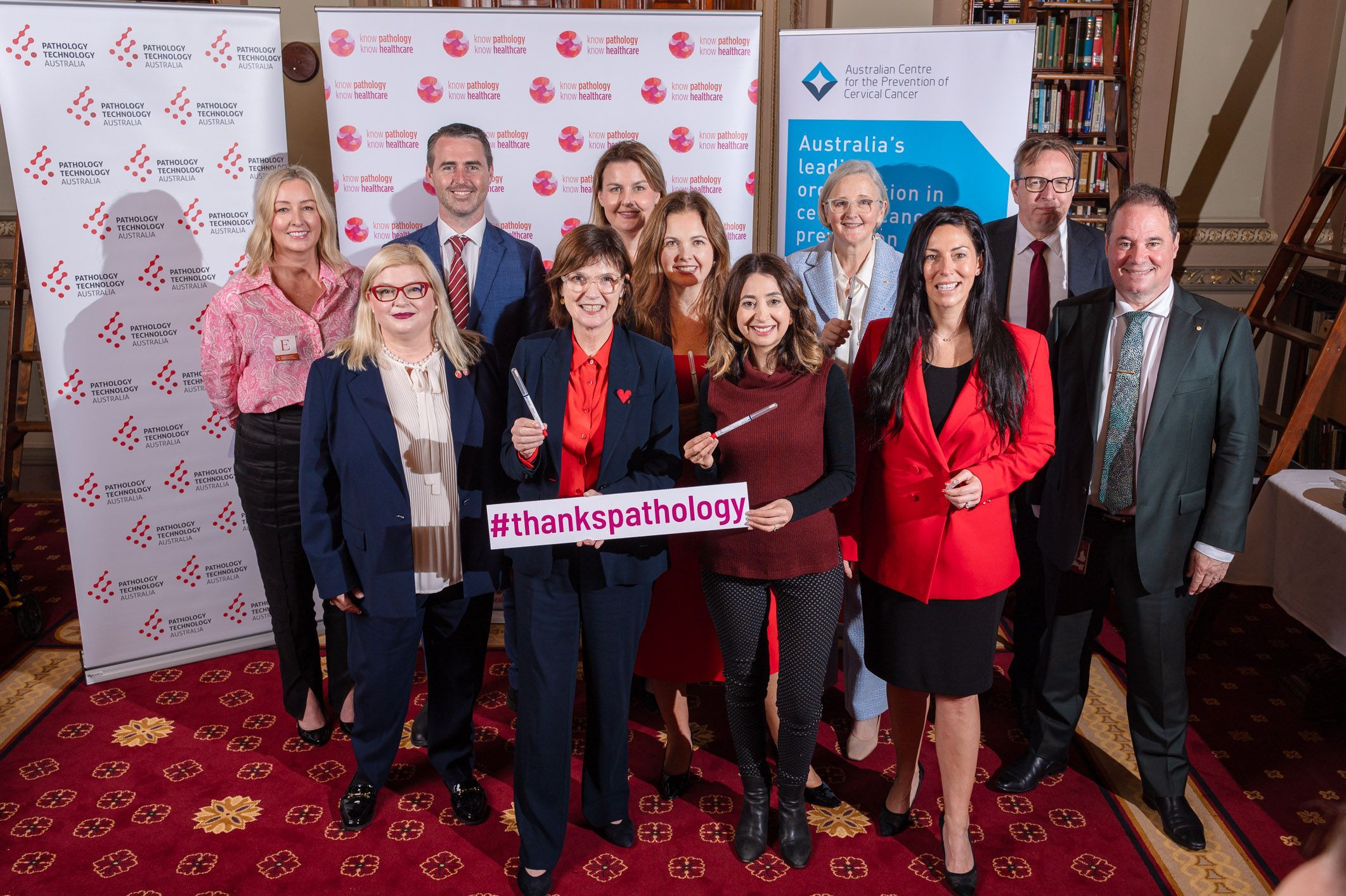
27 PARLIAMENTARIANS ATTENDED The Premier, Speaker, Leader of the Opposition, Parliamentary Secretary for Women’s Health and Shadow Minister for Health were among those who attended.
ESTIMATED MEDIA REACH 11 MILLION Across TV, print and online.
11 PARLIAMENTARIANS POSTED ON SOCIAL MEDIA Reaching many people in their electorates who are also eligible for screening.